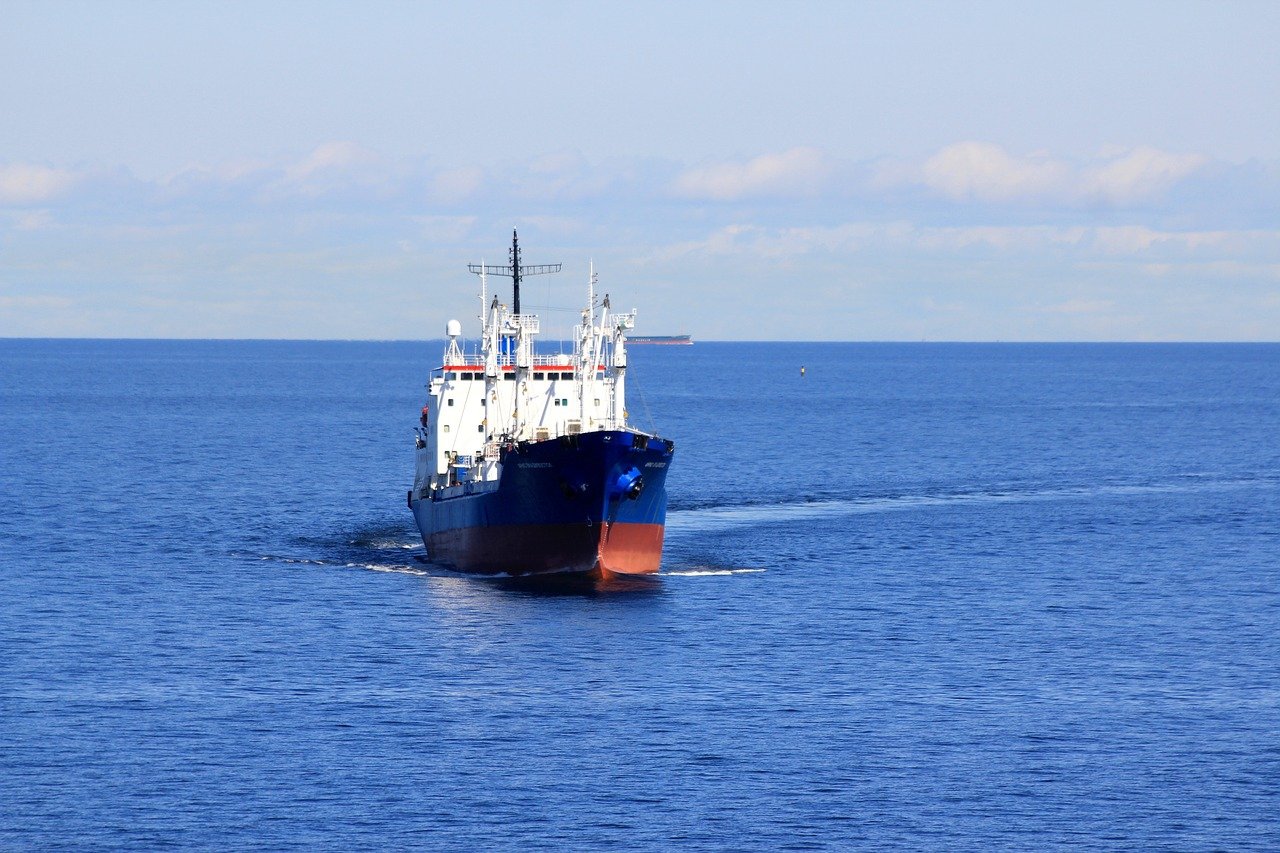HIGHLIGHTS:
- Start-up Fleetzero is building cargo ships powered by electric batteries, which reduce carbon emissions and ease supply chain bottlenecks.
- Fleetzero is experimenting with electric batteries for standard 20-foot container ships, modified to power smaller ships at sea.
- Carter and Henderson also point out that electric ships will reduce the risk to the crew more.
FULL ARTICLE
Previously, Elon Musk once said: “Everything will run entirely on electricity, except rockets. Ships are the next easiest means to solve, after cars.”
In 2018, the International Maritime Organization, the United Nations’ governing body, set an initial goal of cutting carbon emissions from shipping to at least 50% by 2050, compared with 2008. According to research by the environmental organization Clean Air Task Force (CATF), to achieve the goal, fleets around the world need to convert to completely carbon-free fuel.
Specifically, the startup Fleetzero is aiming to provide solutions to both of these problems. The company’s two co-founders, Steven Henderson and Michael Carter, graduates of the American Merchant Marine Academy, are building cargo ships that run on electric batteries. It will not only help reduce carbon emissions, but it can also ease supply chain bottlenecks.

Battery exchange solution
Fleetzero is trialling electric batteries for standard 20-foot container ships, modified to power smaller ships at sea. When a ship docks, the depleted battery on the container ship is removed and replaced with a new one.
“Our ships use a rapid battery change method to refuel, and by doing so we are able to reduce the cost of batteries across the vast number of container ships, so that we can be able to do that,” said Henderson. compete with diesel-powered ships”.
Fleetzero is building the first battery prototype in Alabama, with the intention of replacing the small diesel-powered vessel by the end of 2022. Although the co-founders say they will build their own, so far, they are adding equipment for small diesel-powered cargo ships. Henderson thinks this is a faster way for them to get to market.
Solving supply chain problems
Not only does electrification have the potential to solve the carbon problem, the use of smaller ships can help solve the supply chain predicament.
With the use of smaller cargo ships, auxiliary ports around the world are accessible, including major river systems like the Mississippi, said co-founder Carter. This not only reduces congestion and backlogs at ports, but also reduces truck traffic.

Carter and Henderson also point out that electric ships will reduce the risk to the crew more. They spent many years in the engine rooms of ships across the Pacific and Atlantic and found that the working environment was not good. With less maintenance and repair required than diesel ships, both are expected to have improved maritime operations, less pollution and lower costs.
Other companies, including Amazon and Ikea, are pushing the shipping industry to switch to zero-carbon sources of raw materials by 2040, a decade earlier than the IMO priority target set three years ago.
The commitment by the two major retailers, as well as Patagonia, Michelin and Unilever, to only use marine vessels powered by zero-carbon fuels, is indicative of a major movement by companies to reduce emissions. carbon globally.
Van Anh
FURTHER READING:
The world’s first zero-carbon container port













